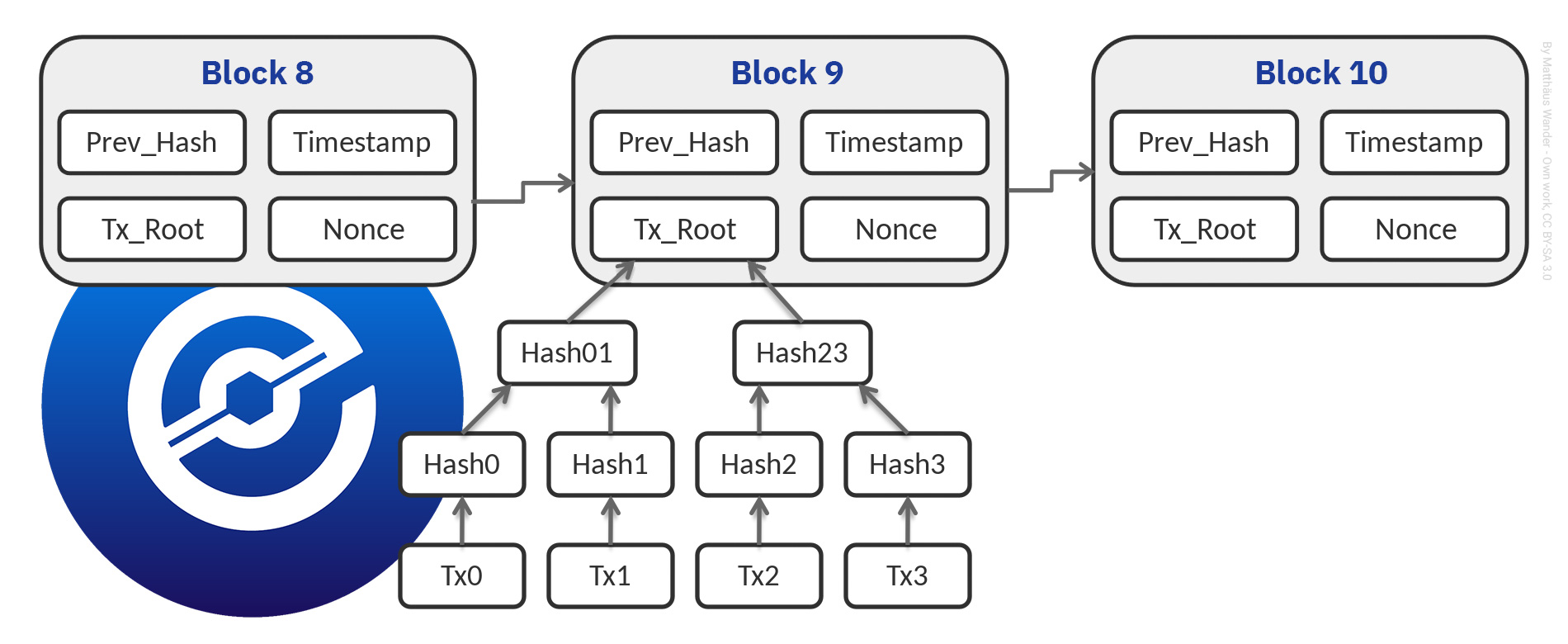A blockchain is a distributed database that is shared among the nodes of a computer network. As a database, a blockchain stores information electronically in digital format. Blockchains are best known for their crucial role in cryptocurrency systems, such as Bitcoin, Ethereum and Electra Protocol. They maintain a secure, scalable and decentralized record of transactions. The innovation with a blockchain is that it guarantees the fidelity and security of a record of data and generates trust without the need for a trusted third party.
What is a blockchain?
One of the key differences between a typical database and a blockchain is how the data is structured. A blockchain collects information together in groups, known as blocks, that hold sets of information. Blocks have certain storage capacities and, when filled, are closed and linked to the previously filled block, forming a chain of data known as the blockchain. All new information that follows that freshly added block is put together into a newly formed block that will then also be added to the chain once filled.
A database usually structures its data into tables, whereas a blockchain, structures its data into blocks that are strung together. This data structure inherently makes an irreversible time line of data when implemented in a decentralized nature. When a block is filled, it is set in stone and becomes a part of this time line. Each block in the chain is given an exact time stamp when it is added to the chain. If a block is full, the remaining data is queued to be added in the next block.
Software such as block explorers enables users to retrieve data about transactions, addresses, blocks, fees, and more.
The perfect blockchain for transactions
The Electra Protocol Mainnet was officially launched in January 2021 and is a novel blockchain aiming to create the perfect ecosystem for transactions. The Electra Protocol blockchain is decentralized, secure, and scalable. The key features are instant transactions (between 1 to 2 seconds) combined with near zero gas fees. The perfect basis for many uses cases, such as DeFi, digitial ID, NFTs, gaming, and supply chain tracking. During 2022, Electra Protocol plans to present two vital functionalities which will shapen the future of finance: smart contracts compatible to Ethereum and validator nodes. #datamoney
Electra Protocol is very environmental-friendly thanks to its proof-of-stake consensus. The Electra project is open-source, crowdsourced, and did not conduct any public funding (just like Bitcoin, in comparison to almost all other cryptocurrencies).




